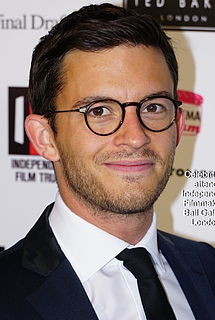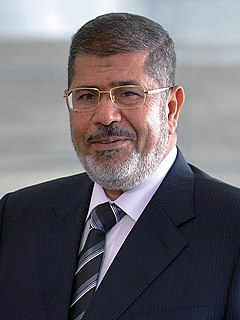A Quote by Jonathan Bailey
Theatres are like sacred places - you hear the stories of previous performances and people who have strived to find that sweet spot on stage and succeeded, and failed, in the same space before you.
Related Quotes
To encounter the sacred is to be alive at the deepest center of human existence. Sacred places are the truest definitions of the earth; they stand for the earth immediately and forever; they are its flags and shields. If you would know the earth for what it really is, learn it through its sacred places. At Devil’s Tower or Canyon de Chelly or the Cahokia Mounds, you touch the pulse of the living planet; you feel its breath upon you. You become one with a spirit that pervades geologic time and space.
Can you hear the dreams crackling like a campfire? Can you hear the dreams sweeping through the pine trees and tipis? Can you hear the dreams laughing in the sawdust? Can you hear the dreams shaking just a little bit as the day grows long? Can you hear the dreams putting on a good jacket that smells of fry bread and sweet smoke? Can you hear the dreams stay up late and talk so many stories?
Sacred space and sacred time and something joyous to do is all we need. Almost anything then becomes a continuous and increasing joy. What you have to do, you do with play. I think a good way to conceive of sacred space is as a playground. If what you're doing seems like play, you are in it. But you can't play with my toys, you have to have your own. Your life should have yielded some. Older people play with life experiences and realizations or with thoughts they like to entertain. In my case, I have books I like to read that don't lead anywhere.
And I must say tonight that a riot is the language of the unheard. And what is it America has failed to hear? It has failed to hear that the plight of the negro poor has worsened over the last twelve or fifteen years. It has failed to hear that the promises of freedom and justice have not been met. And it has failed to hear that large segments of white society are more concerned about tranquility and the status quo than about justice and humanity.
If there is a spot where you have dictatorship, where people are not free, people are not satisfied, they do not find food and shelter, they are under the poverty level, this is a dangerous spot for the whole world, because those people will move, and they will move to different places. They will be carrying bad feelings towards others.
In my photographic work I'm generally attracted to places that contain memories, history, atmospheres and stories. I'm interested in the places where people have lived, worked and played. I look for traces of the past, visual fingerprints, evidence of activities - they fire my imagination and connect into my own personal experiences. Using the analogy of the theater, I would say that I like to photograph the empty stage, before or after the performance, even in between acts. I love the atmosphere of anticipation, the feeling in the air that events have happened, or will happen soon.
The videos are sometimes the only way for people across the country and different places to see and hear the music. They may not get the same radio stations or they don't get the same TV channels, they don't have the same MTV that plays the same music. People will use to the Internet and that's why YouTube and stuff like that is so important.
Music needs to have a real sacred setting for people to understand it. You've got to start things off with friends who are like-minded or even strangers that are like-minded. Sending your music to established artists or labels or magazine, I mean there is something to be said for tenacity, for trying to pursue recognition that way, but it just doesn't make sense for the best work. And if you do make an amazing work, it's sometimes not the best way to be heard. You have to get on a sacred space, like a stage, and do your testifying that way.



































